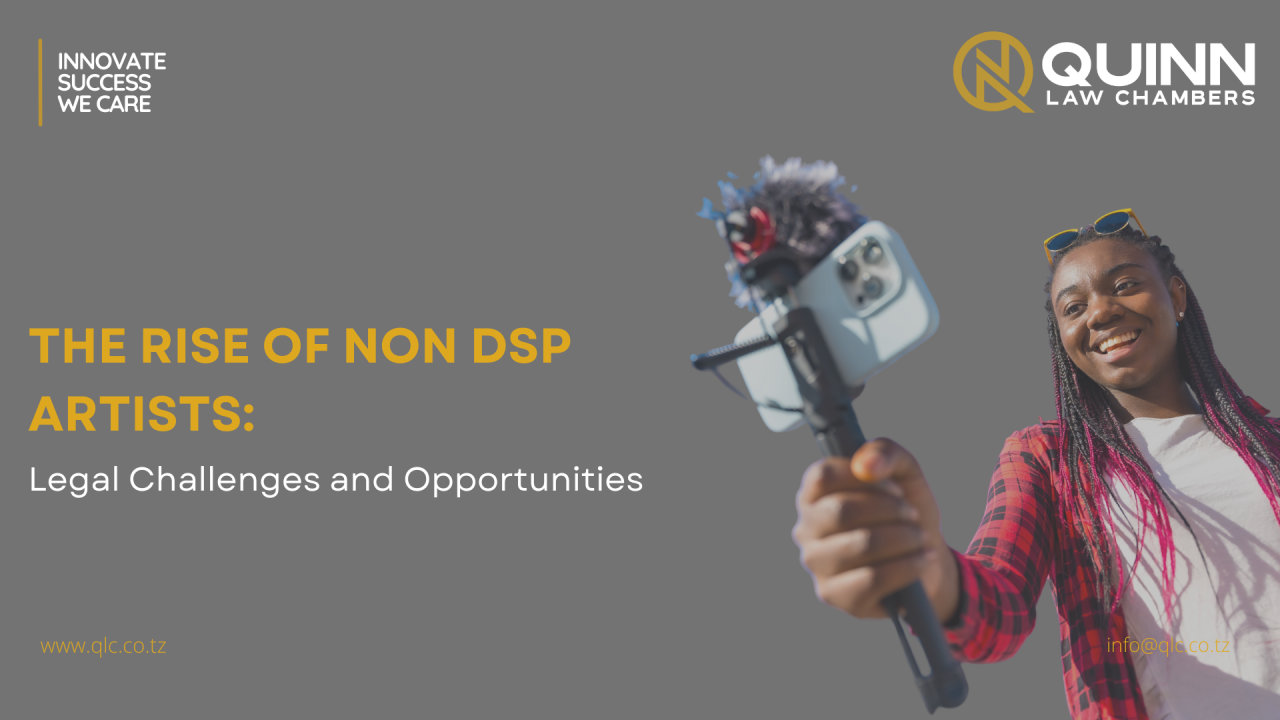
The Rise of Non-DSP Artists: Legal Challenges & Opportunities
In today’s music scene, social platforms are the new stage, and artists are making bold moves ditching traditional streaming services for platforms like TikTok, Instagram, and YouTube. The result? More creative freedom and direct fan engagement, but also a whole new world of legal challenges.
The Shift to Social
A growing number of artists are choosing social media over streaming platforms because they offer instant fan connection, bypass the complexities of DSP (Digital Service Providers), and allow artists to retain creative control. According to MIDiA Research, 37% of artists prefer social platforms because they can engage directly with their fans, while others avoid streaming due to its overwhelming demands and revenue uncertainties.
However, this shift presents critical legal considerations that artists can’t afford to ignore.
1. Contract Complexity 📜
Whether it’s brand deals, sponsorships, or content licensing, artists need airtight agreements to protect their intellectual property and earnings.
Pro tip: Always seek professional legal advice before signing anything—your creativity deserves protection.
2. Licensing Loopholes 🎶
Unlike traditional streaming, social media platforms often lack structured royalty systems. Artists sharing their work without proper licensing agreements risk losing ownership and potential revenue from viral content. Platforms like TikTok might boost exposure, but do they guarantee fair compensation?
3. Royalties and Revenue 💰
The biggest challenge? Monetization. Unlike streaming services with built-in royalty models, social platforms rely on ad revenue, partnerships, and creator funds. This means artists must strategically monetize their content while ensuring they are legally covered.
The Tanzanian Context 🇹🇿
In Tanzania, where the music industry is rapidly growing, there is a critical need for legal frameworks that support non-DSP artists. Clear laws governing licensing, revenue sharing, and copyright protection could help artists maximize their earnings and prevent exploitation. Without proper regulations, artists risk losing out on potential profits and fair compensation for their work.
For non-DSP artists, the opportunities are endless but so are the risks. Understanding contracts, securing licenses, and maximizing royalties are key to turning creativity into a sustainable career. As the music industry evolves, so must the legal strategies that protect artists in the digital age.
Published by
QUINN TEAM.




